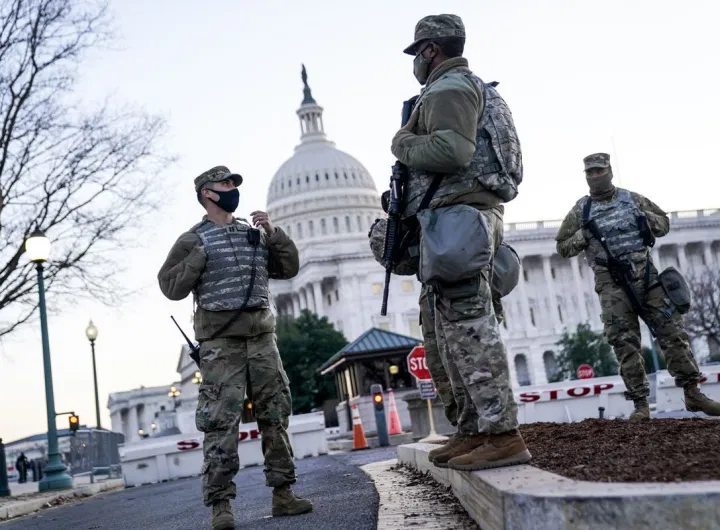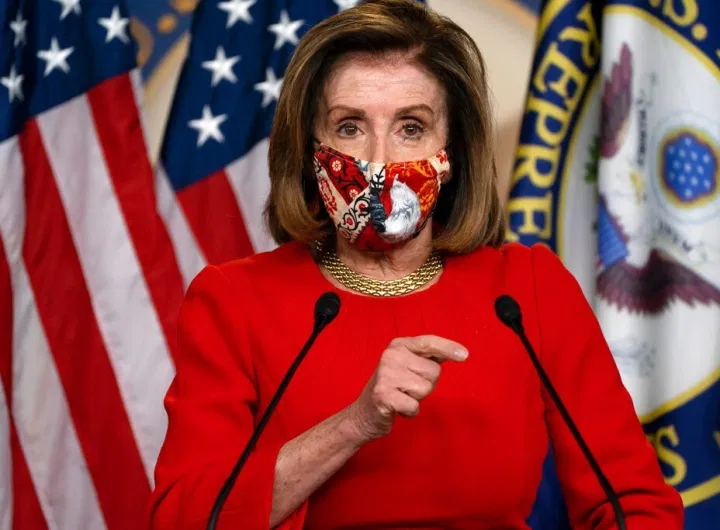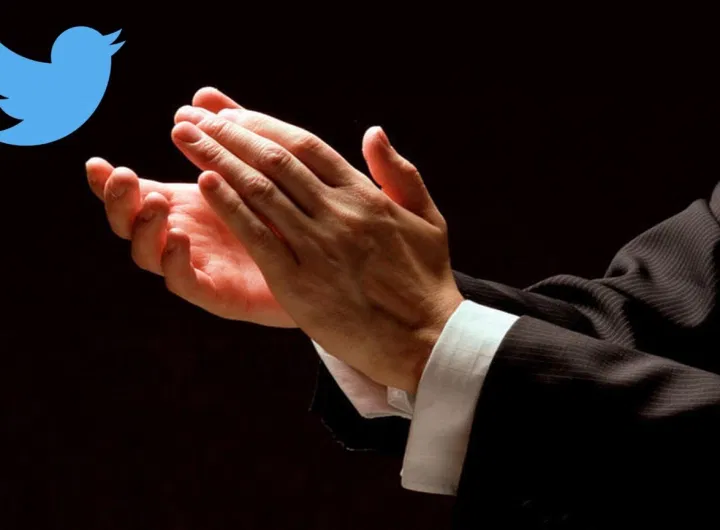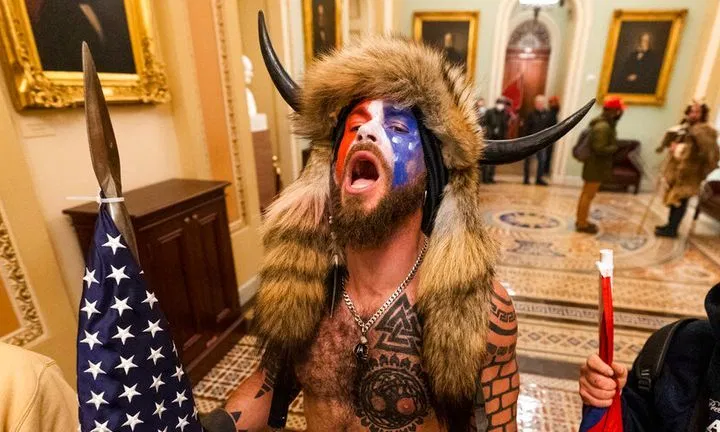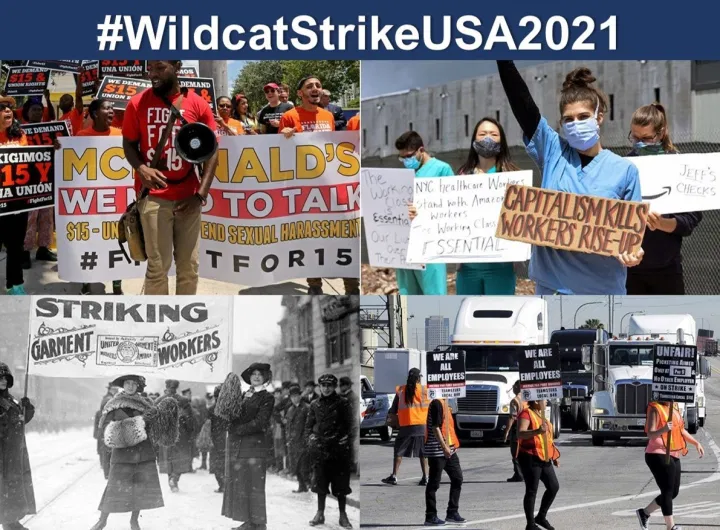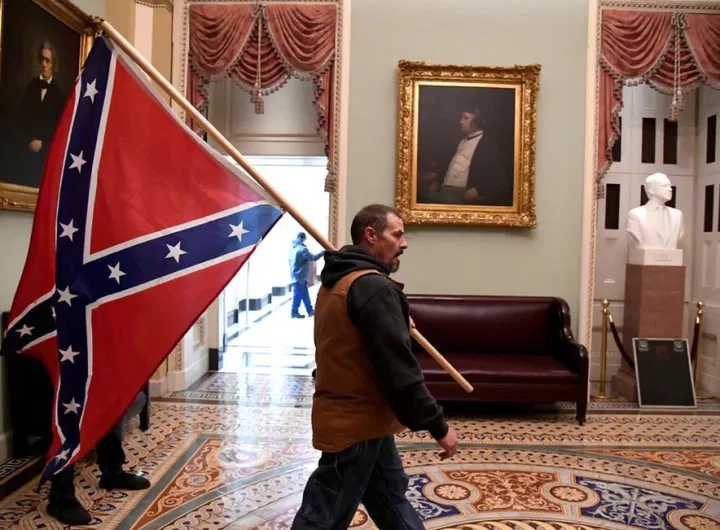Love by Amber Oertle
It’s not easy to see your own culture clearly.
It stands to reason. How can you see through the broth when you live in the soup? There are a few things that help, though. Like traveling outside the country, getting to know some other cultures, and then coming back. That will definitely change your perspective. Another way is to read the work of non-natives who have spent some time in your land. They don’t really swim in your soup, so their view is often less obstructed (This is why one of the definitive works about American democracy comes from Frenchman Alexis de Tocqueville.)
In the early 20th century, the controversial, unheralded and near penniless British novelist, poet, and travel writer D.H. Lawrence spent a few years living in New Mexico. While there, he observed this about us:
“The essential American soul is hard, isolate, stoic, and a killer. It has never yet melted.” ― D.H. Lawrence, Studies in Classic American Literature
Now, it’s natural to get defensive about this statement. We Americans expend a lot of energy proclaiming our various perceived virtues and innocence. Plus, Lawrence always had a penchant for hyperbole. But, just the same, these darknesses exist within all people and collectively within all cultures. So there are some difficult truths to be found in what he said. In regards to killing, we have a longstanding obsession with it as a solution for the things that make us uncomfortable.
Native Americans made the colonists uncomfortable. The wilderness made the colonists uncomfortable. Sexuality, people with dark skin, poor foreigners, self-possessed women, unionists, unconventional people, nakedly expressed emotions (from which colonists’ puritanical stoicism recoiled), all of these things made the colonists uncomfortable—and make many of their descendants uncomfortable today. In real life and in our popular entertainment, killing people—and killing the continent’s wilderness—has been a go-to solution for this discomfort. Lawrence was not wrong about us being killers.
We also have a longstanding love/hate relationship with the idea of community. Our paradox contains a deep nostalgia for tight-knit small-town life, yet a powerful pull towards isolation. There’s no other culture, besides maybe other settler-colonial countries like Australia, where “what are you lookin’ at?” or “get the hell off my property” has such a uniform cultural understanding.
A post-industrial life, sectioned-off and separated, with few true communal opportunities in either cities or towns, has made our cultural tendency towards isolation that much more acute. Click To Tweet We now inhabit walled dichotomous niches of perception—increasingly digital in nature. Strictly this or strictly that. Pop fan or metal fan. Democrat or Republican. McDonald’s or organic bean burritos. Q’Anon or Russiagate. Dr. Phil or Oprah.
And yet we love
The paradox of American culture has additional layers. Hard, isolate, stoic killers, are not all that we are. There is also a well of warmth, love, and compassion nourishing our culture. A deeply human drive to stick our necks out for one another. Its expression flows throughout our history.
It often happens at a smaller scale or takes longer to gestate and flower, but it can be seen clearly in our social and political movements. From the abolitionists to the suffragists to the civil rights activists and all the way to Occupy, #MeToo, the movement for black lives and immigrant rights, and even the crowds who came out for Bernie Sanders (however flawed and compromised he is) during the 2016 primaries. And it’s hiding in plain sight in our arts and popular entertainment as well.
We need practice looking out for each other
I said that the walls between us have expanded their scope and become increasingly digital. But, maybe this is a place where we can start sticking our necks out for one another more frequently. I wrote a piece last week about Internet censorship and how it’s being used to try to keep us apart. I also wrote about how it’s not going to work, how our ability to connect is like a genie flying wild through the streets that our rulers desperately want to cram back in the bottle.
What’s inspiring about this free speech crazed genie is that when a dissenting journalist like Caitlin Johnstone got banned from Twitter, people from both sides of the fake wall screamed their heads off together and got her back on the platform. THIS! I thought. This is the right idea. After her reinstatement, Caitlin wondered aloud about the digital fate of those without her cross-pollinated popularity. Who would speak for them? Who would be their Lorax?
What if we created a meme, a hashtag, a whatever? Anytime someone’s been unfairly banned from a digital platform, they (or a friend of theirs) can blast it out like the damn Bat signal. And, we all came running like wildebeests, knocking down these fake-ass walls between us. Screaming collectively at the top of our digital lungs for somebody else’s right to speak.
What if we do this for everyone—whether they’re popular or not, whether they think taxes are bad, or that public schools should be privatized or that we should all go vegan or they support gun control legislation or that CIA is awesome or that Buffy the Vampire Slayer is the greatest show to ever have been on television. What if, as long as the person wasn’t being genuinely abusive or hateful, we all stuck our necks out for them in this little way, on principle?
I’ve written before that we need to find a way back to one another. Here’s a place we can start. If you think the bullies are scared now, think how scared they would be if we did this one simple caring thing consistently.
What do you say? Are you ready to work on unity?
“Society will develop a new kind of servitude which covers the surface of society with a network of complicated rules, through which the most original minds and the most energetic characters cannot penetrate. It does not tyrannise but it compresses, enervates, extinguishes, and stupefies a people, till each nation is reduced to nothing better than a flock of timid and industrious animals, of which the government is the shepherd.” ― Alexis de Tocqueville
Feature Photo Credit: Love, by Amber Oertle
Stephen Boni
Latest posts by Stephen Boni (see all)
- Current State of U.S.-Centralized Empire Confounds Easy Answers: Reading Andre Vltchek & Dmitry Orlov - December 23, 2019
- The Combined Power of Storytelling, Logic and Irreverence: Reading Caitlin Johnstone & Nathan J. Robinson - December 4, 2019
- Highways of Hegemony: Reading Act VI of Cory Morningstar’s Series on Green Capitalism - November 20, 2019
